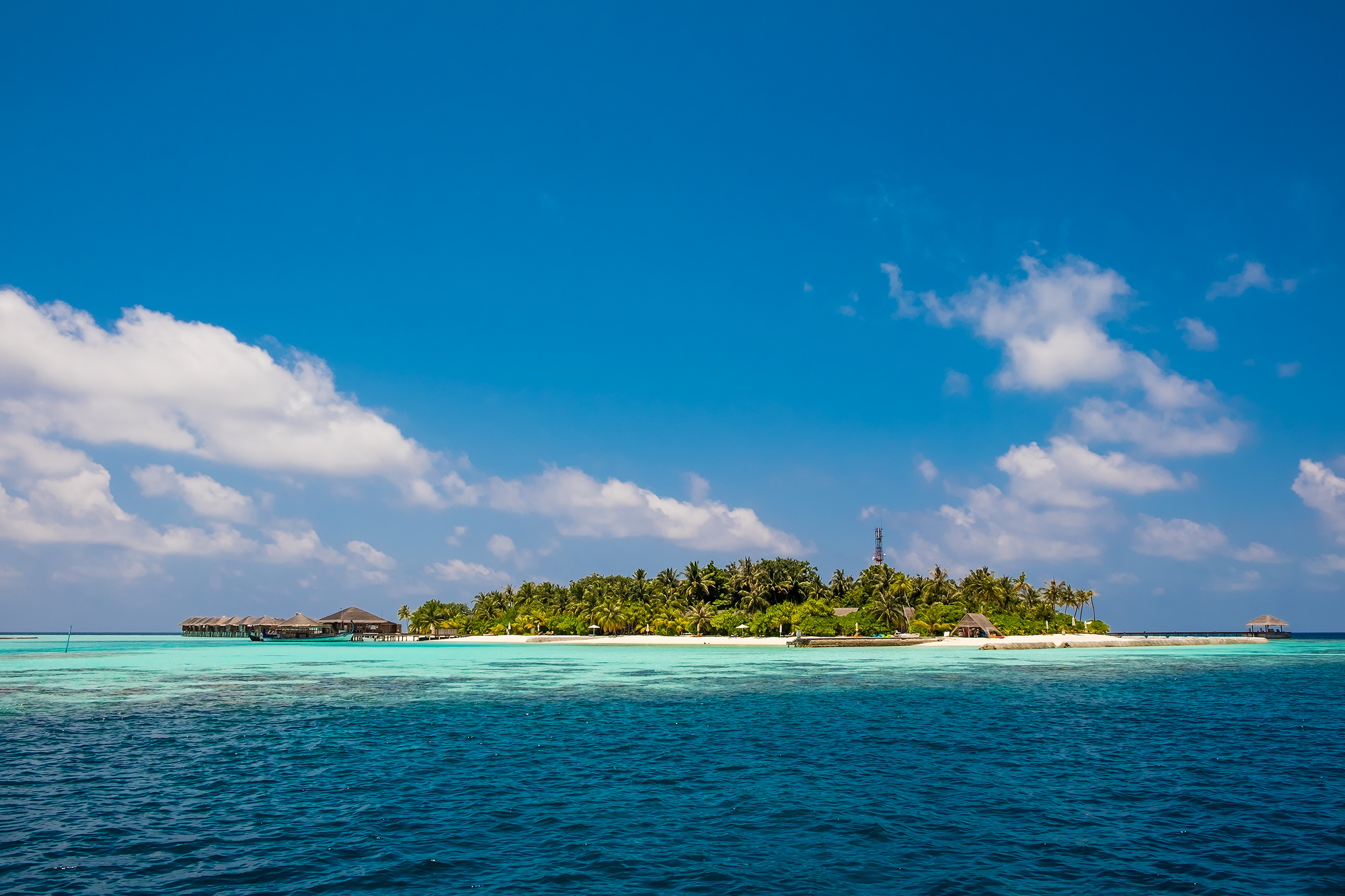In a dramatic shift from its traditional economic pillars of tourism and fishing, Maldives is now stepping into the Web3 era.
The government has signed a $9-billion deal with MBS Global Investments, a Dubai-based family office, for development of what they call the Maldives International Financial Centre, a sprawling crypto-and-blockchain hub in the capital, Malé.
A $9B Bet on the Future
The crypto hub will span an ambitious 830,000 square meters and is expected to employ up to 16,000 people. That’s more than 2% of the total population of the Maldives. The planned development will be one of the largest investments in the country’s history—outweighing its current annual GDP of $7 billion.
The goal? Attract foreign direct investment, ease national debt pressures, and reposition the Maldives as a serious player in the fast-evolving blockchain economy.
Why Now?
Global competition for crypto capital is heating up. Places like Dubai, Singapore, and Hong Kong have already become magnets for crypto and Web3 projects due to favorable regulatory environments and forward-thinking policies.
With this new hub, the Maldives hopes to tap into that momentum and catch up.
“We need to diversify our economic model,” said a government spokesperson, according to the Financial Times. “Tourism is no longer enough.”
What Will the Hub Offer?
Though full project details are still emerging, initial reports suggest the new crypto zone will include:
- Financial infrastructure for digital assets and fintech startups
- Co-working and innovation spaces for blockchain firms
- Potential crypto exchange licenses or fintech sandbox environments
- Possibly even sovereign-backed crypto initiatives down the line
All of this is aimed at attracting global blockchain players, tech investors, and token-based startups who want a presence in South Asia.
Can the Maldives Compete?
It won’t be easy. While the Maldives has the appeal of a pristine island paradise, it’s up against heavyweights:
- Dubai is already tokenizing real estate and integrating blockchain into its land registry.
- Hong Kong acts as a regulatory bridge to China and has hundreds of Web3 firms setting up shop.
- Singapore has built its crypto ecosystem with clear regulation and strong investor protections.
“The Maldives has the location and now the ambition,” said Ivan Ivanov, CEO of WOW Summit. “But it needs infrastructure, talent, and regulatory clarity to match these established hubs.”
The Road Ahead
The project is expected to take five years to complete—assuming capital requirements are met and political will remains firm. If successful, it could not only reposition the Maldives in global finance, but also serve as a blueprint for other small nations seeking to leapfrog into the digital economy.
Until then, all eyes will be on how the country balances environmental conservation, financial oversight, and ambitious crypto dreams.







